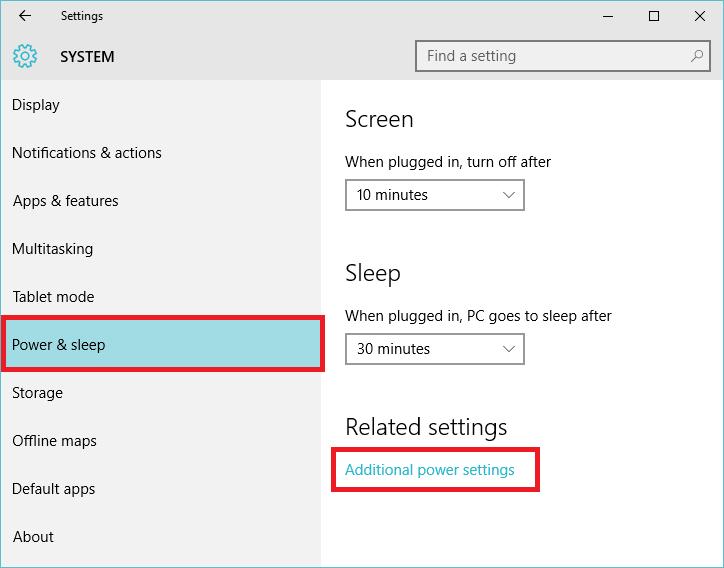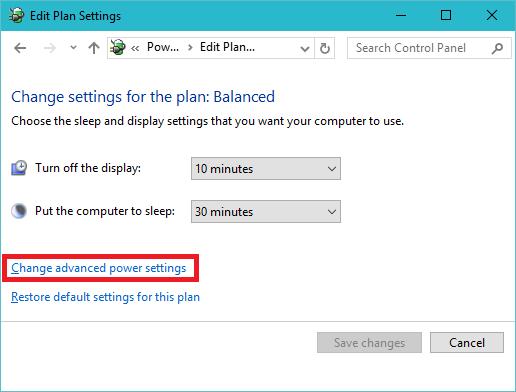
How To Disable Auto-Brightness in Windows 10
Lee StantonRead more September 22, 2021
Device Links
Windows laptops and tablets often come with an auto-brightness feature that causes the screen to dim or brighten, dependent on your surrounding lighting conditions. While this function is helpful, it can be problematic, too, leaving you with a screen that is too dark and difficult to view.
If you find this feature frustrating and would like to disable it, this article is for you. In this guide, we discuss how to turn off adaptive brightness in Windows 7, 8, and 10 in a few simple steps.
How To Disable Auto Brightness in Windows 10
A Windows laptop or tablet uses sensors to detect ambient lighting levels. The auto-brightness feature works in conjunction with these sensors to monitor changes in the surrounding lighting and adjust your screen’s brightness accordingly.
The easiest way to disable this function in a Windows 10 computer is through the computer’s settings. This is how you do it:
The auto-brightness feature is now disabled, and you can navigate back to your home screen.
Not all Windows 10 laptops give the option to disable auto-brightness. In these instances, you can create a new Power Plan to keep your display brightness consistent. Here is how to do this:
How To Disable Auto Brightness in the Windows 10 Registry
If you find that disabling the auto-brightness through “Settings” is not working, you can always try manually disabling it through the Registry Editor. Working with the Registry can be tricky, and incorrectly modifying it can lead to serious problems. We suggest you back up the Registry first before proceeding.

This method will permanently disable the auto-brightness feature on your Windows 10 device. Here are the steps to follow:
How To Disable Auto Brightness in Windows 7
Only Windows 7 Professional, Ultimate, and Enterprise support Adaptive Brightness. If you own a device with one of these editions of Windows and you want to disable the auto-brightness, this is the method to follow:
How To Disable Auto Brightness in Windows 8
Turning off auto-brightness on a Windows 8 device is relatively straightforward. This is how you go about it:
Can you Adjust Auto Brightness with the Windows 10 Camera?
Although it is in the pipeline, Windows 10 has yet to release a function to enable or disable Adaptive Brightness on a webcam or camera. However, you do have the option to adjust the brightness and contrast of your webcam. Here is how you adjust these settings:
Auto Brightness Disabled
Disabling the auto-brightness on your Windows device is relatively straightforward once you know the steps to follow. Stick to the methods in this guide, and soon you will be turning off this feature with ease.
Have you disabled auto-brightness on your Windows device before? Did you use a method similar to those shown in this guide? Let us know in the comments section below.
Leave a ReplyCancel reply
Your email address will not be published. Required fields are marked *
Comment
Name *
Email *
Website
Save my name, email, and website in this browser for the next time I comment.
Please enable JavaScript to submit this form.Disclaimer: Some pages on this site may include an affiliate link. This does not effect our editorial in any way.
You may also likeHow To Play 4K Netflix on a PCBen Patterson March 21, 2022
How to Connect AirPods to an iPhoneLee Stanton March 21, 2022
How to Disable Comments on YouTubeLee Stanton March 20, 2022
To email address From name Please enable JavaScript to submit this form.Please enable JavaScript to submit this form.}})